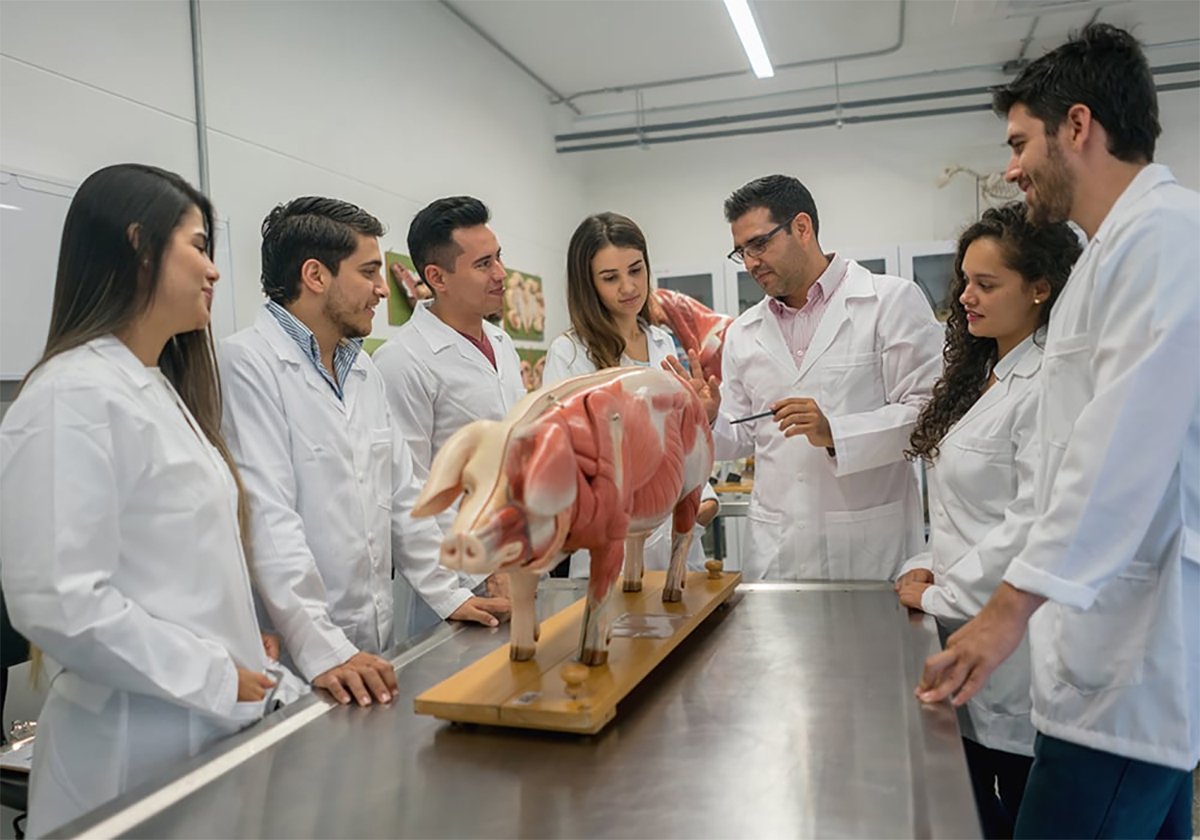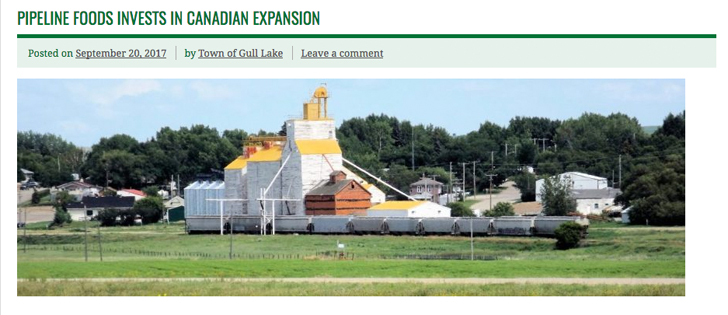Farm transition plans are important, but they shouldn’t be set in stone, said Peter Smerychynski, who took over the farm from his parents and is welcoming his son, Konnor, into the family farm.
“A real progression plan was not formal with us. It was an understanding. It turned out better than the formal stuff,” said Peter, who will spend the next few years planning, adjusting and formalizing the transition plan for Konnor to join the Westlock-area family farm.
“Is there a perfect plan for farm transition? There are dead ends and back roads and all these things that come up that are never ever planned for,” said Peter, who farmed with his father for 37 years before his dad passed away three years ago.
Read Also

Students urged to consider veterinary medicine
Alberta government makes $86.5 million investment in University of Calgary to double capacity for its veterinary medicine program to address labour shortages in the field.
For Konnor, watching the strong partnership and good communication between his father and grandfather was key to understanding that not all good transitions are written down, but also rely on good relationships.
“I really think the idea of a succession plan and the idea of me joining the farm started a long time ago, not just these last couple years. It was a suggestion from my father and grandfather that this could be yours,” said Konnor, who recently returned to the farm after graduating from Lakeland College’s agriculture program.
“I watched my dad and grandfather work together and it was very clear from the beginning it doesn’t have to be a written down partnership to be a partnership. I am very glad I got to step in the last couple years with my father.”
Peter said his farming started by being active on the farm as the youngest child of four.
“I drove a tractor here since I was 10 years old. I knew how much fertilizer was used, what chemicals were used. I knew how we finished the cattle. I knew it all, but I didn’t think I did,” said Peter, who took a year at Olds College and a year and a half at the University of Alberta before ending his formal education when a quarter section of land became available near the farm.
“I bought land on Boxing Day with my dad’s help and went from there. We had a great partnership.”
When he started farming, they had six quarters of land, 50 cows and 40 sows. Peter’s first purchase after the land was a 1987 single-axle grain truck.
Gradually, the father and son team expanded the farm, updated equipment and worked together. Buying the quarter section was an important first step for Peter. This year, Konnor also bought some land as part of an investment in the farm.
“My philosophy was if you are going to farm you better be in the game right away, otherwise you have nothing to motivate you or work for or you don’t feel part of it.”
It’s a philosophy Konnor also agrees with. The farm transition conversations are important, but so is showing commitment to the farm’s future by buying land.
“I’m getting a foot in the door and for me it was buying a piece of land with my father. It is very rewarding to know that I may not have put in as much work as my father has or my grandfather, but to know my work is getting another step. For how young I am it feels like you’ve accomplished something.”
One of the biggest lessons learned from the Lakeland College transition classes was to ensure the non-farming siblings are not left out of the transition conversation about finances and items that have strong emotional attachment.
“It is important to set up your other siblings. It isn’t that you get everything and they get nothing. Maybe your dad had a cool truck that you had lots of memories in. Cash is great, but you want to have some memories. To give your siblings something that has memories, that is the big thing,” said Konnor, who has an older sister, who is not involved in the farm.
Konner said he and his sister have talked and he believes she understands she will get whatever help she needs to accomplish what she wants.
Peter agreed it is important the interests of all children are taken into consideration with farm transition plans.
“My plan is that she is going to be compensated for. I am very happy how close my kids are.”
But Konnor also learned farm transitions are not easy or fast, but often emotional.
“From what I have watched and listened to and going to classes and talking to other friends, the biggest takeaway is that not every conversation will be nice. There will be tears and times you aren’t happy. All I want to do is carry on what my grandfather did and my father did.”















